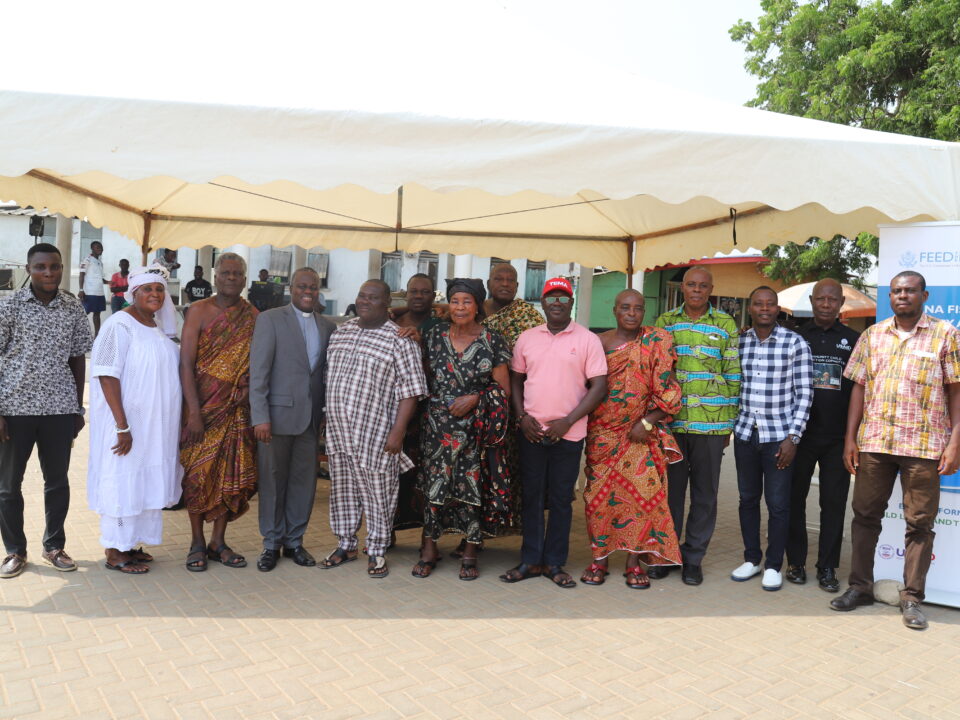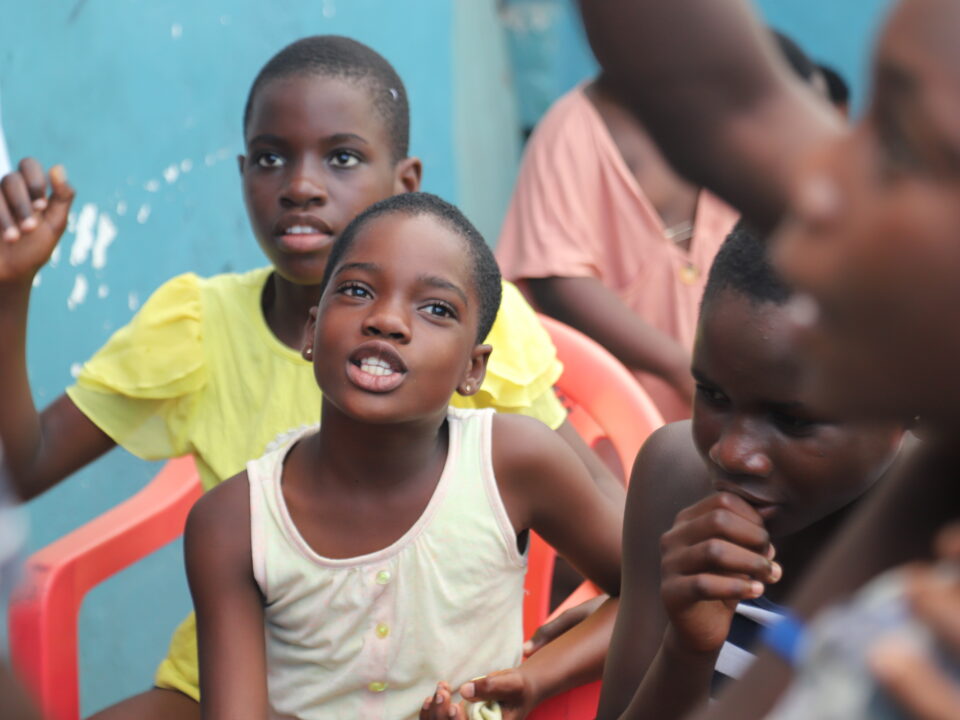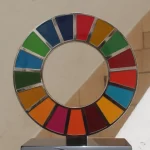
CURIOUS MINDS MEMBER WINS 2018 UNSDG ACTION AWARDS
April 9, 2018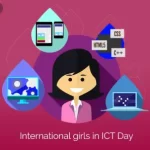
THE WORLD MARKS GIRLS IN ICT DAY
April 26, 2018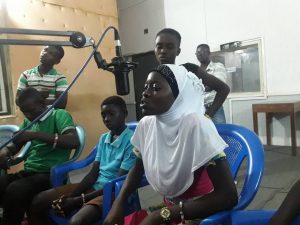 Asikuma Odoben Brakwa and Assin South ambassadors of Unicef Water, Sanitation and Hygiene Project (WASH) last week called on government and all stakeholders to make Menstrual Hygiene Management (MHM) a priority. The call was made at the Children and Youth Ambassadors (CYA) Vacation Camp which was held in Asikuma Odoben in the Central Region of Ghana.
Asikuma Odoben Brakwa and Assin South ambassadors of Unicef Water, Sanitation and Hygiene Project (WASH) last week called on government and all stakeholders to make Menstrual Hygiene Management (MHM) a priority. The call was made at the Children and Youth Ambassadors (CYA) Vacation Camp which was held in Asikuma Odoben in the Central Region of Ghana.
According to the ambassadors, bathing at least twice a day, changing sanitary pads at least every 3 hours, washing used panties before reusing, eating a lot of fruits and vegetables especially those rich in iron and washing hands with soap under running water after changing sanitary pads are some of the ways in which girls can stay healthy when menstruating.
The vacation camp was organized by Ghana Education Service (GES) and Right to play. Present at the event were Madam Ellen Gyekye the Regional School Health Education Programme (SHEP) coordinator of WASH. A lack of adequate guidance on menstrual management; water, disposal, and private changing facilities; and sanitary hygiene materials in low- and middle-income countries leaves schoolgirls with limited options for healthy personal hygiene during monthly menses.
Studies have shown that menstrual hygiene management (MHM) barriers in school impact girls’ dignity, well-being, and engagement in school activities and these challenges must be addressed.
Written by,
Lilly Mensah, CYIB – Curious Minds Ghana

